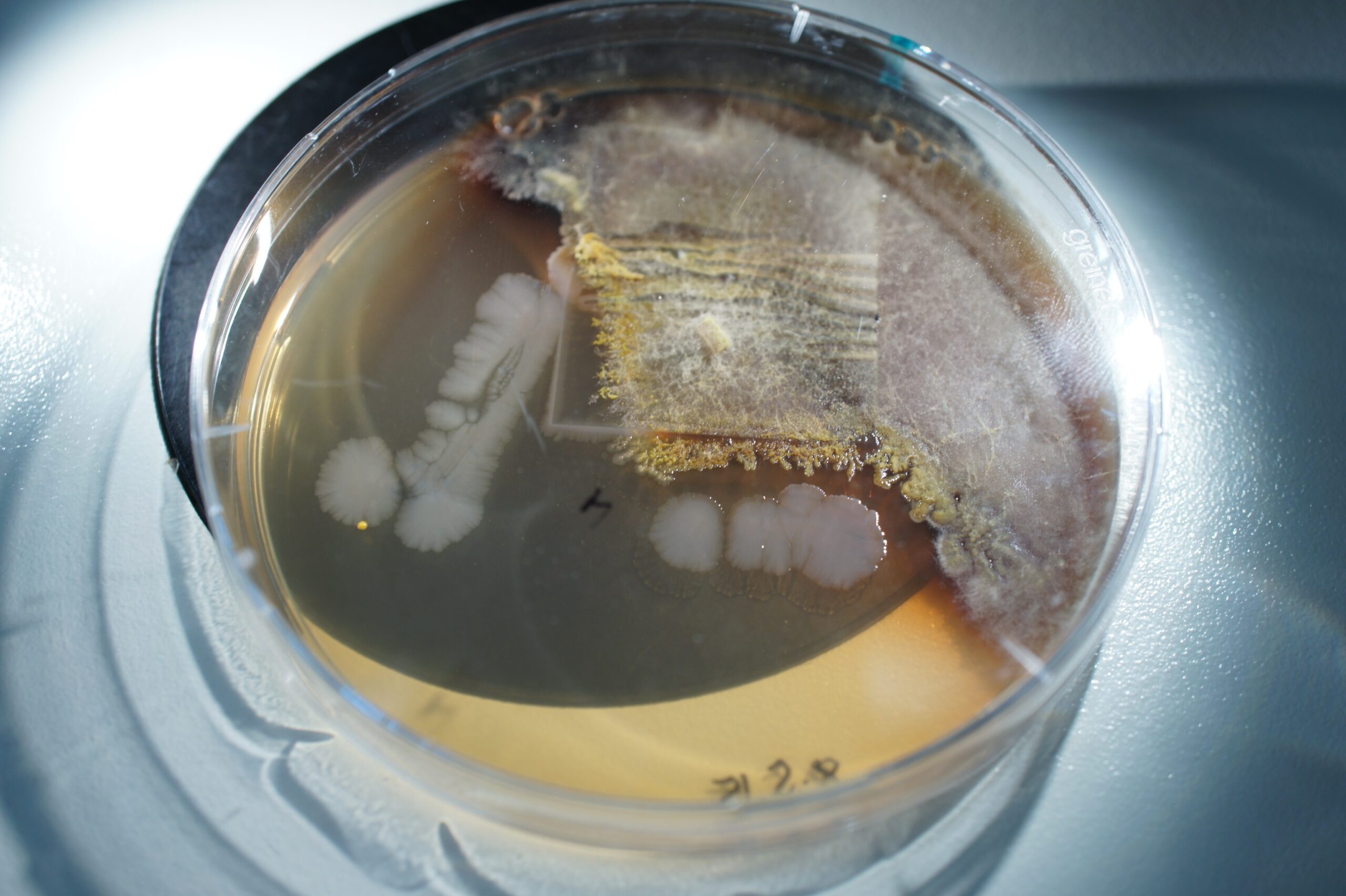Understanding the role of symbionts during beetle development
Beetles as holometabolous organisms go through dramatic developmental changes during their life. They are hatching from an egg laid inside a tree, developing through a larval phase adapted to feed, going through intense body modification during pupation, to continue developing into an adult which will distribute and found new nests.
We need to understand which microorganisms are involved in the different life stages, where they come from (are they environmentally derived or vertically passed from generation to generation) and what they do in the system. We will try to tackle this by using a combination of sequencing (who is there and how does the community change under certain conditions?), cultivation (having them “in our hands” will give us options to further characterize them) and experiments under controlled lab conditions as well as under natural conditions.
This fundamental approach links closely to the other research foci in our research group.
Microbiome and Sociality
In weevils, including bark beetles, we find a huge range of social systems ranging from merely solitary (plant-feeding weevils) to aggregation (some bark and ambrosia beetles), to parental care (all bark and ambrosia beetles) to even alloparental care and reproductive division of labour (a few ambrosia beetles). Social evolution in this group has been regarded to be mostly driven by management of ectosymbiotic microbial communities (i.e., fungus farming), but whether this is indeed the case has to be shown. Also, it is assumed from other insect systems that the evolution of sociality is tightly linked with a host’s microbiome. For example, sociality will likely influence the mode of transgenerational microbiome transmission, leading to functional co-evolution between the host and its symbionts but also vice versa the symbionts may drive social evolution. Having differently social beetle systems provides us the option to study and understand potential “social” roles of symbionts in the systems.
Microbiome Evolution
Organisms adapt to their environment which is particularly important for bark beetles as they need to overcome the tree-defense mechanisms for survival. Microbiomes can be seen as a more flexible “extension” of the host genetic repertoire. In general, the capacity of the microbial community to change its composition, genetics or gene-expression pattern in response to selective forces can facilitate host rapid acclimation and adaptation to environmental change. This may play a role in the invasive success of some bark beetles or during population outbreaks of some bark beetle species, when they switch from preferring dead to living tree hosts. Therefore, we want to experimentally study if and how microbiomes evolve over several generations under certain selection factors and understand how these changes functionally affect the host.

